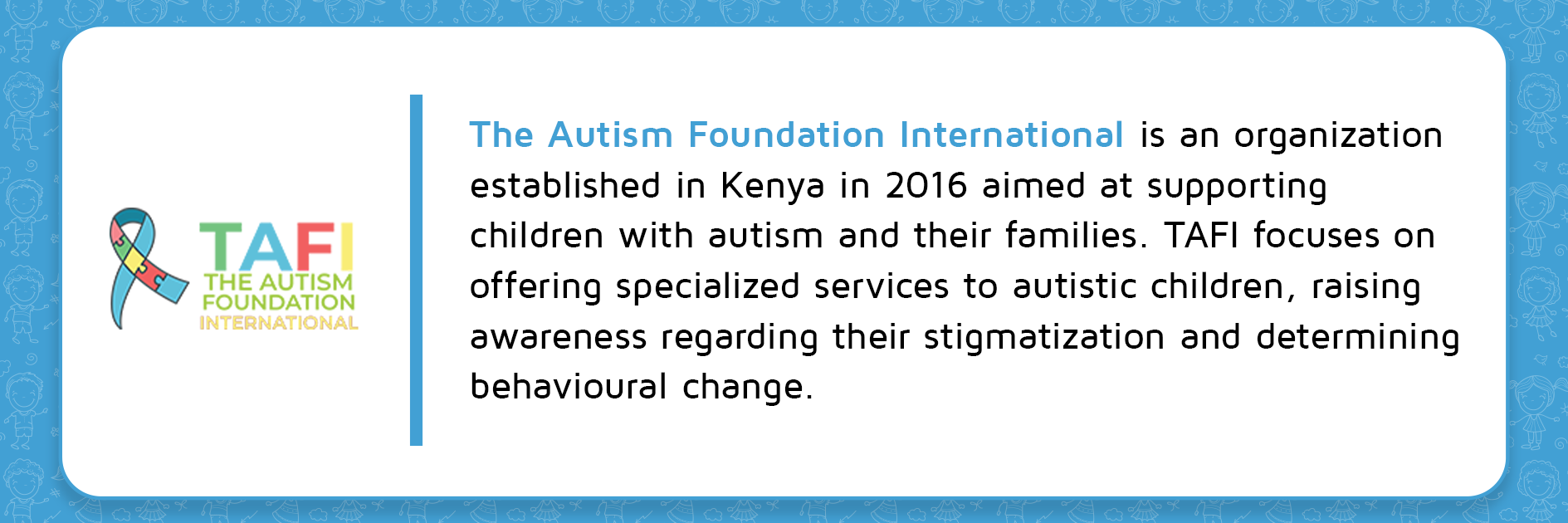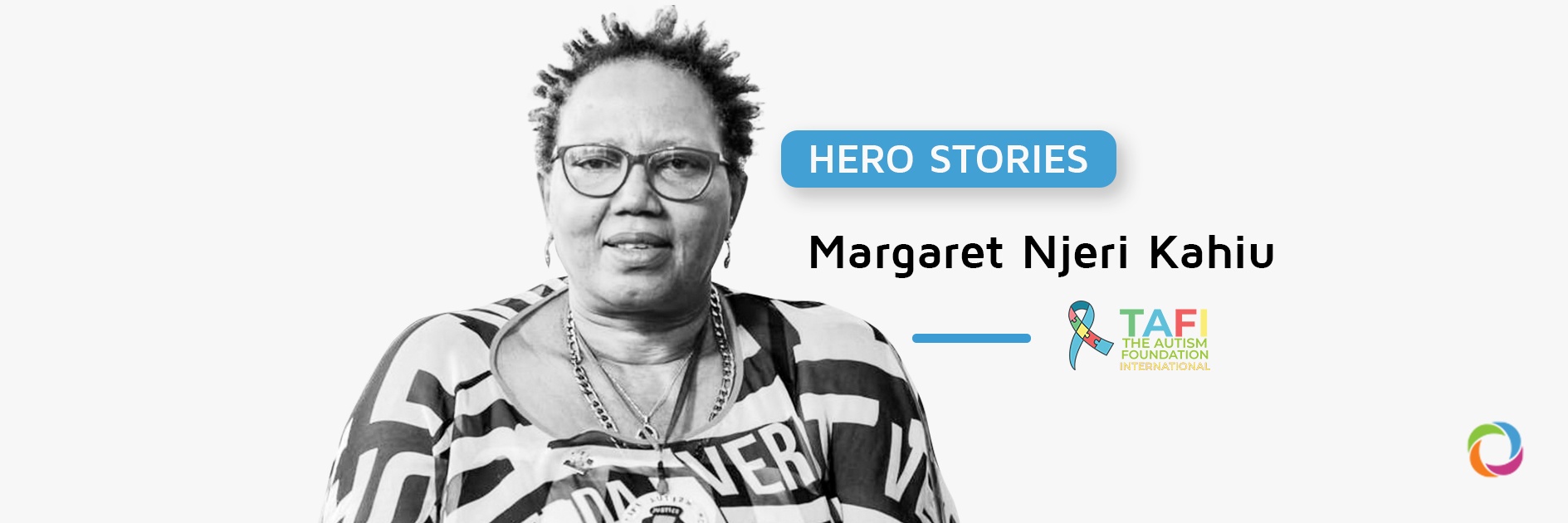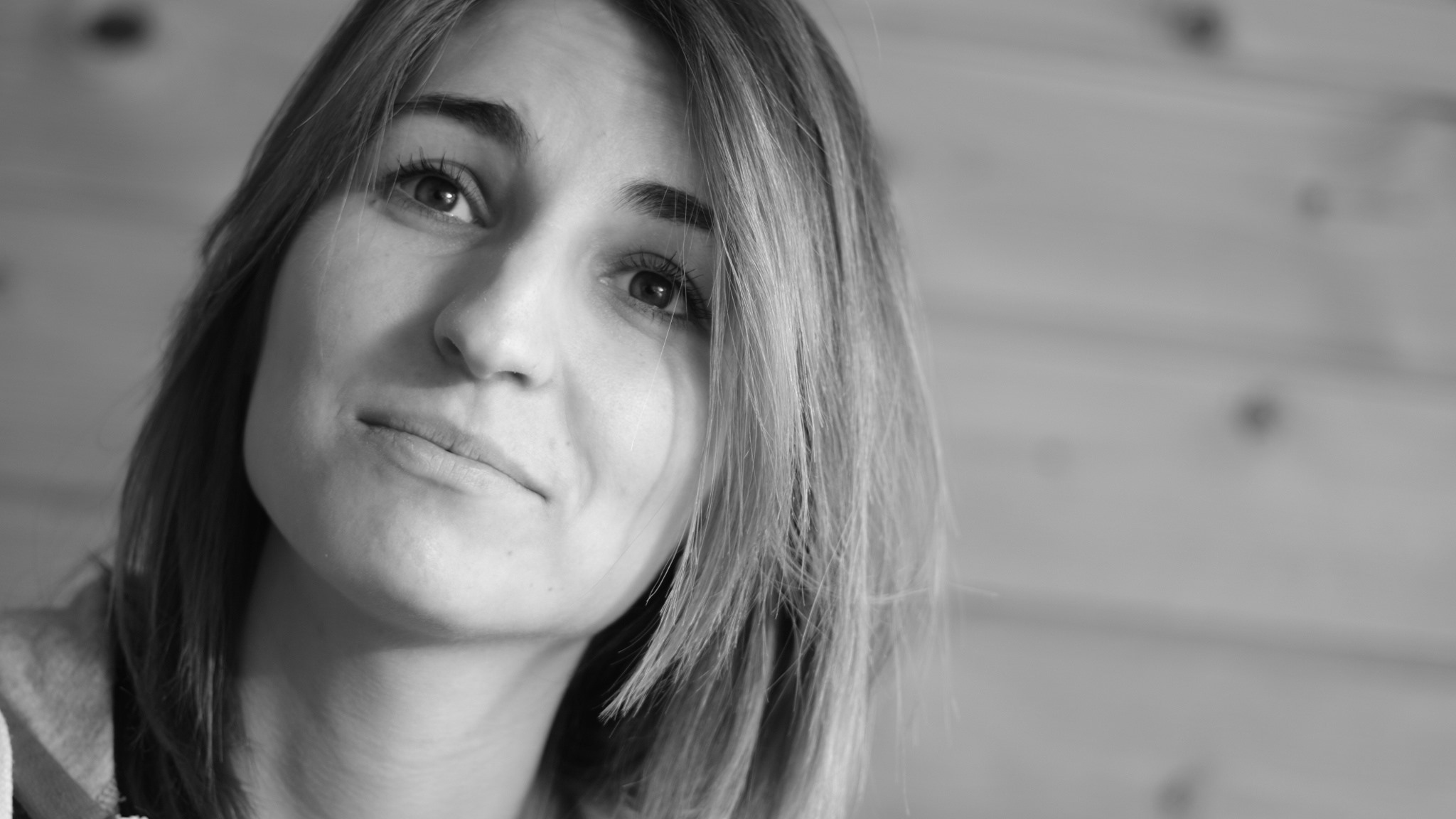An autism ambassador in Kenya, a woman whose incredible life story taught her to be strong and never give up, Margaret Njeri Kahiu is striving to offer a better world to autistic people. She has challenged public perceptions, stigma, and difficulties for the sake of special children so that they are able to enjoy the same opportunities as any other human being provided that they benefit from the necessary help.
Meet Margaret Njeri Kahiu, the founder of The Autism Foundation International, in a new “Hero Stories” interview.
Life turned Margaret into a genuine warrior having been affected by polio in early childhood with the paralysis affecting both her legs. This was a tough time reflecting the efforts of a child having to deal with the crutches that seemed to be a burden rather than offer pain relief. The public exposure was also distressing for her but her family’s support encouraged her to become confident. One day, when she was six, tired of walking on crutches, she decided to stop using them. That was the day when Margaret stood up and took her first steps.
“Being a special girl myself, I was blessed with a supportive family who encouraged me to defy the masses and move on. I was never isolated but, on the contrary, I was encouraged to go public, to act like a normal child, to become part of the community. They took me to school, I took my A-levels, I developed the proper life skills. Finally, I ended up working in a bank,” Margaret revealed.
It would appear that her life was now on the right track, the greatest challenges having been overcome but then life brought fresh trials when one of her daughters was diagnosed with autism.
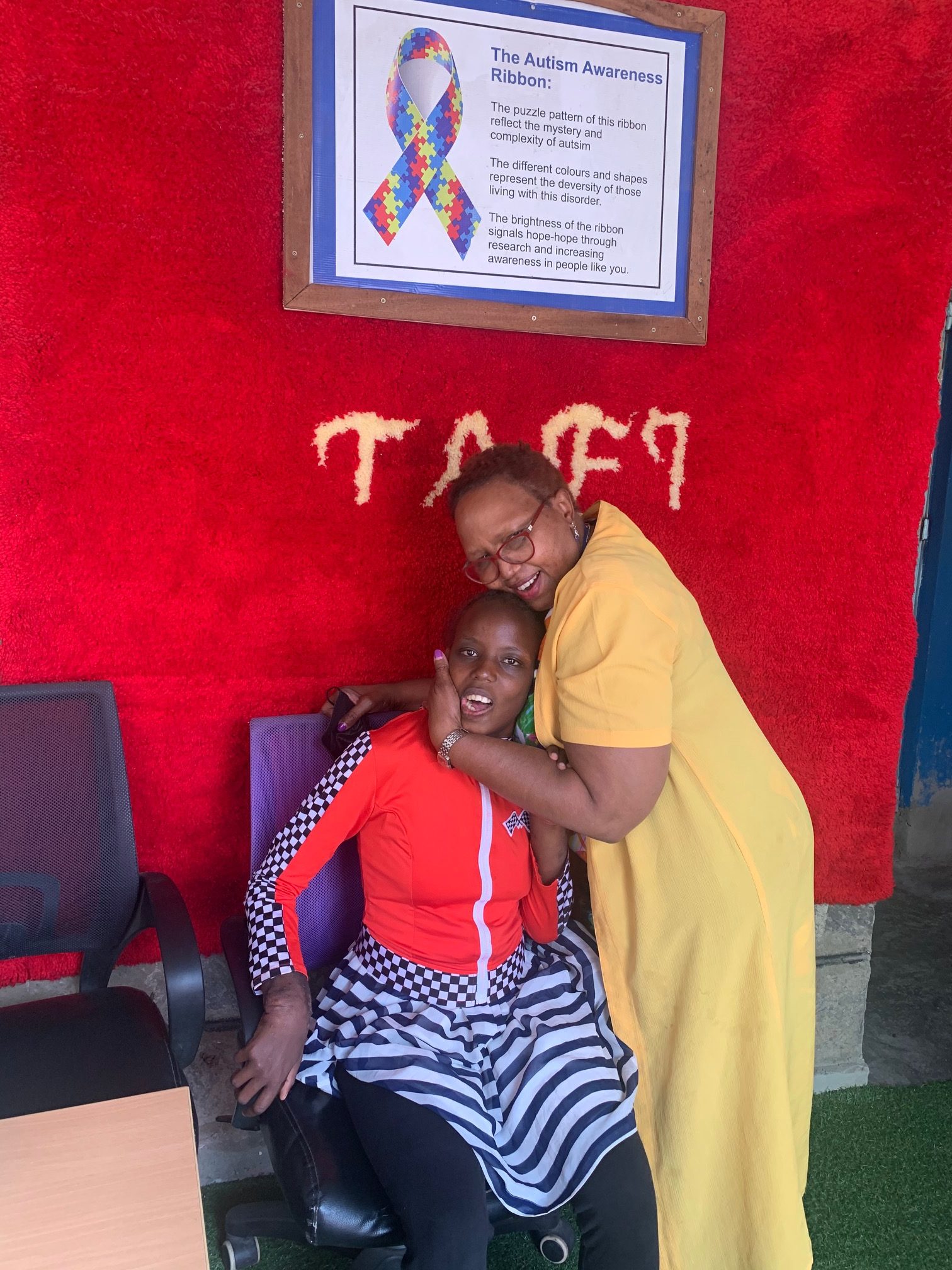
“I resigned from the bank because my daughter needed me. She needed to be taken care of properly. The existing facilities at that time were not enough to give her proper attention, therapy, and develop the necessary life skills. So, this was the starting point of The Autism Foundation International (TAFI), the organization that was born from the passion for my daughter. I decided to give up my job, to set up a place for my daughter and other kids like her, to make them independent, so they live normal lives, reduce the parents’ worries. The passion for my daughter led me to do things like that.”
TAFI was founded in 2016 to bring hope to families and to enable the well-being of autistic children.
“The whole family came on board to support me, my sisters, and parents. Even before TAFI was officially registered we started to increase awareness in the neighborhood, spreading the word, telling people how these children can be assisted. During the first year of activity, my daughter and a few children started to come to the centre, to receive therapy, to get involved in various activities that were meant to develop their skills. We were all focused on giving them the best attention.”
When asked how difficult it is to manage TAFI, Margaret explained that the passion for these children makes things easier.
“To deal with these kids you must have the passion and the love for them because they are so helpless. We are striving to get people on board who are willing to become fully involved, to monitor them, to guide them during their activities, to develop the necessary skills, to make them become independent, and empower them economically. Children benefit from therapy, life skills workshops, art courses and music, candle making, hydroponic farming. We are trying to make them feel valuable. The younger they come, the better they are trained. Our intervention is good for the family setting. A special child in the family disturbs the setting. Our intervention focuses on helping the child and parents to be better.”
Margaret alongside her team is working on changing people’s perception of autistic children, doing their best to persuade them of the need for these children to be integrated in society.
“I love the idea of inclusion. We have special days when we organize special meetings with kids from the region, to ensure the connection between our kids and the rest of the community, to stimulate them to embrace the idea of accepting them as part of the community. This is how we are trying to reduce the stigma. These children visit us, they play with our kids, they cook together, we invite them for many entertainment activities.”
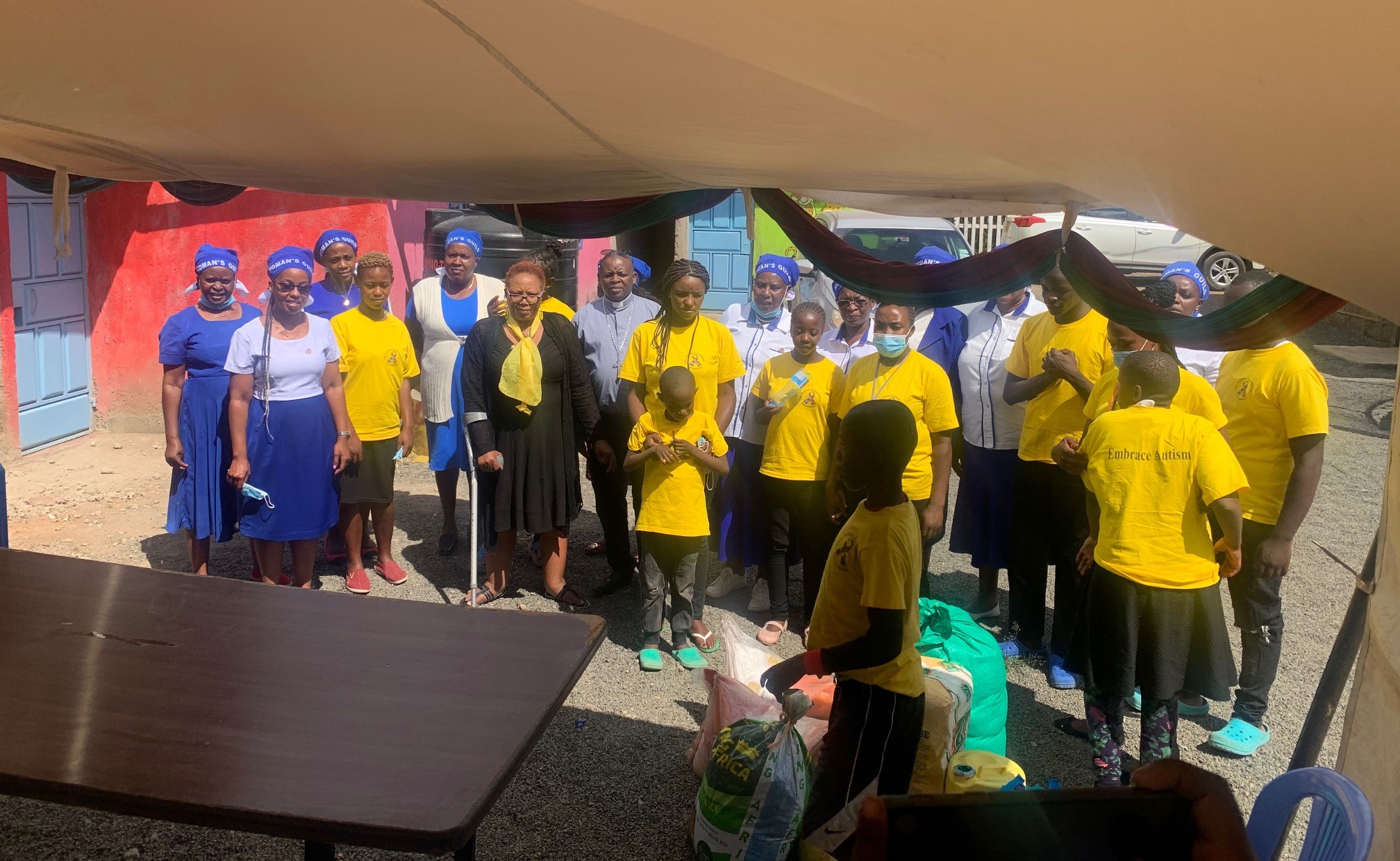
The parents of children with autism face challenges such as single parenting, divorce, childcare needs, or a lack of financial resources. TAFI is trying to empower families to take care of their own children in a more inclusive society.
“We created a mother’s group, a caregivers’ group to provide them with content and the pertinent information they need. We usually call them here, once a month, we talk, we discuss how to support our kids. Sometimes we laugh, sometimes we cry, we share ideas, and we encourage each other. We do capacity building; we are trying to do things differently for them. Some of the people from the village think that if you have an autistic child, you have been bewitched or something terrible happened. The awareness should be aggressive, creating awareness, inviting them to symposiums. Even if people’s perception has changed over the years, it is still a long way off to make them believe that autism can be embraced and autistic people can live a normal life.”
Margaret is oriented to getting the main stakeholders involved to provide adequate services, to fight discrimination, and to ensure the wellbeing of people diagnosed with autism.
“Kenya is a developing country. We are still lagging behind in terms of assistance and healthcare for autistic children. It’s a struggle. There are not enough services. The lack of funds prevents the government from offering the proper services these children need. We are trying to come to the policy-making process with ideas, to bring significant changes. People and donors are coming on board like UNDP, the American Embassy, the Australian Embassy, the Rotary Club, Safaricom, Asiana Gardens, churches, stakeholders, friends, other schools. We need more awareness. We need to come up with opportunities for these kids. We are looking for donors, and that’s why we joined DevelopmentAid, to learn how we can help more kids and bring more donors on board.”
Margaret Njeri Kahiu, the founder of TAFI, is optimistic about the ability of TAFI to engage more professionals to help more children to cope and lead fulfilling lives by accessing educational, recreational, intellectual growth, and development.
